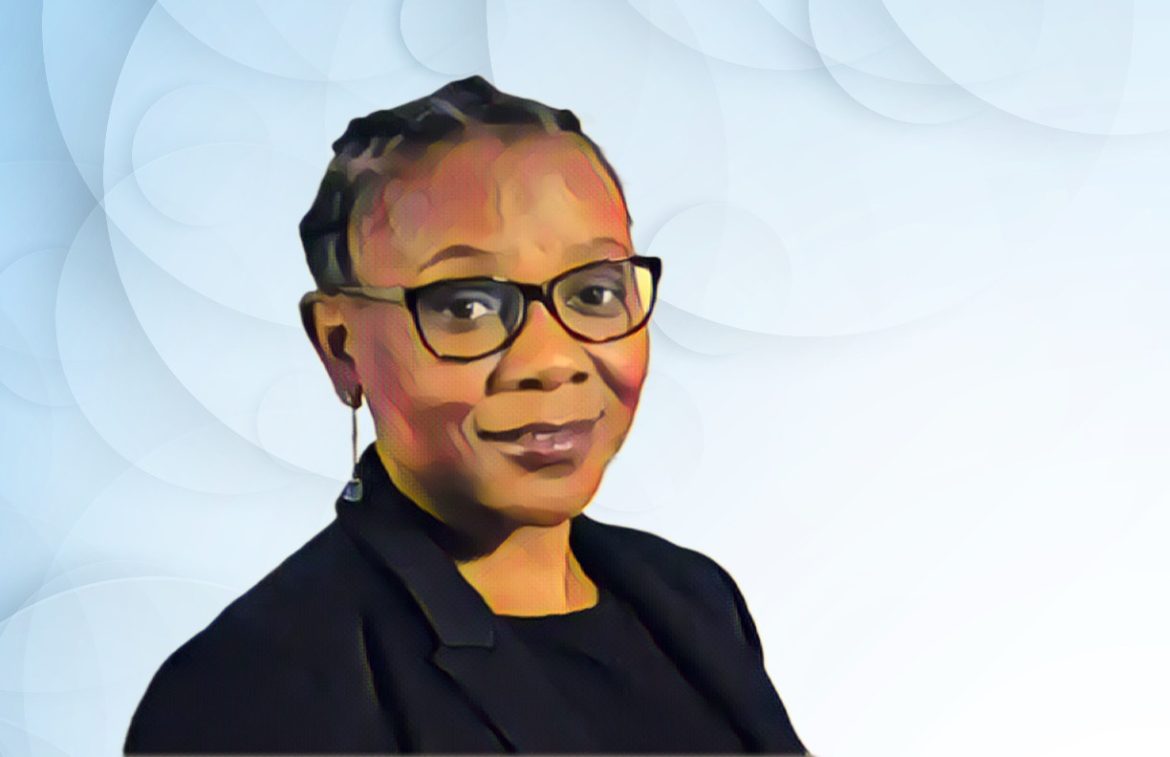President Emmerson Mnangagwa has appointed his niece Helliate Rushwaya as the new chairperson of the Zimbabwe Broadcasting Corporation (ZBC) board. The announcement came amid public outrage over the tribal remarks made by two ZBC presenters on a morning show last week.
Rushwaya, who is the younger sister of controversial businesswoman Henrietta Rushwaya, is the only former board member who has been retained. She was previously a non-executive board member and a former chief executive of ZBC.
The other members of the new ZBC board are Advocate Lewis Uriri, Chipo Nheta, Precious Charandura, Charles Munganasa, Dr Henry Mukono, and Dr Nanette Silukhuni. They were appointed by Acting Permanent Secretary for Information, Publicity and Broadcasting Services Jonathan Gandari, who stated on Wednesday, 10 January.
The statement said the new board was expected to “provide strategic guidance and leadership in the transformation of the national broadcaster into a modern, viable, and vibrant entity that serves the interests of all Zimbabweans”.
The appointment of the new ZBC board follows the dismissal of the previous board, chaired by Dr Josaya Tai, over several key performance, oversight, and corporate governance issues at ZBC, as well as the tribally divisive remarks by the two female presenters, Farai Juliet Magada and Victoria Manase.
The presenters claimed that the 19th century Ndebele King Lobengula Khumalo sold the country’s mineral resources to colonialists for sugar and that colonialism was justified to some extent. They also mocked the Ndebele people for their alleged lack of education and development.
The remarks sparked a public outcry and condemnation from various stakeholders, including civil society groups, political parties, traditional leaders, and academics. They accused the presenters of spreading falsehoods, stereotypes, and hate speech that could incite violence and undermine national unity.
Gandari said the ZBC had apologized to the nation and vowed to take disciplinary action against the presenters, who have been suspended pending further investigations. He also said the ZBC would uphold a comprehensive editorial policy that places national interests at the forefront of all content.
The ZBC is not the only state-owned media institution that has faced criticism for its biased and unprofessional coverage. The Zimbabwe Newspapers Group, which publishes The Herald, The Chronicle, and The Sunday Mail, among others, has also been accused of being a mouthpiece of the ruling ZANU-PF party and ignoring the voices of the opposition and civil society.
According to the Media Institute of Southern Africa (MISA), Zimbabwe’s media environment remains constrained by restrictive laws, political interference, economic challenges, and lack of diversity. MISA said the government should implement the long-overdue media reforms and ensure the independence and accountability of the public media.
Zimbabwe is ranked 130th out of 180 countries in the 2023 World Press Freedom Index compiled by Reporters Without Borders. The index measures the level of freedom available to journalists and the media in general.
However, despite the challenges, some journalists and media outlets have continued to report on issues of public interest and expose corruption, human rights violations, and poor governance. They have also used social media and online platforms to reach wider audiences and circumvent censorship.
As Zimbabwe prepares for the 2025 general elections, the role of the media in providing accurate, balanced, and diverse information to the citizens will be crucial for the credibility and legitimacy of the electoral process and the consolidation of democracy.
Source: Mbare Times


